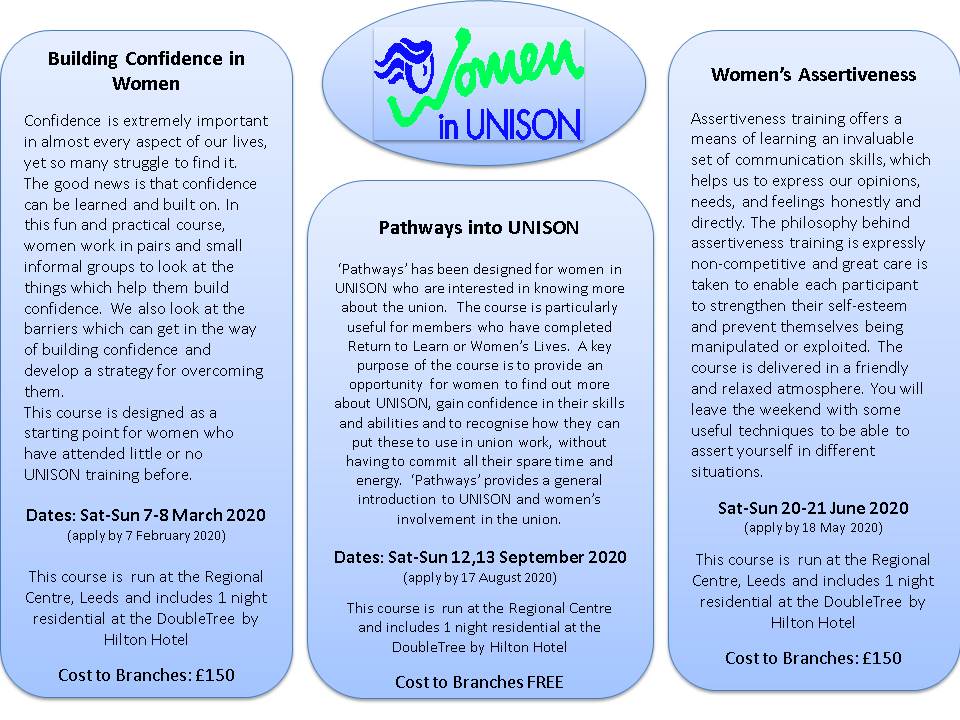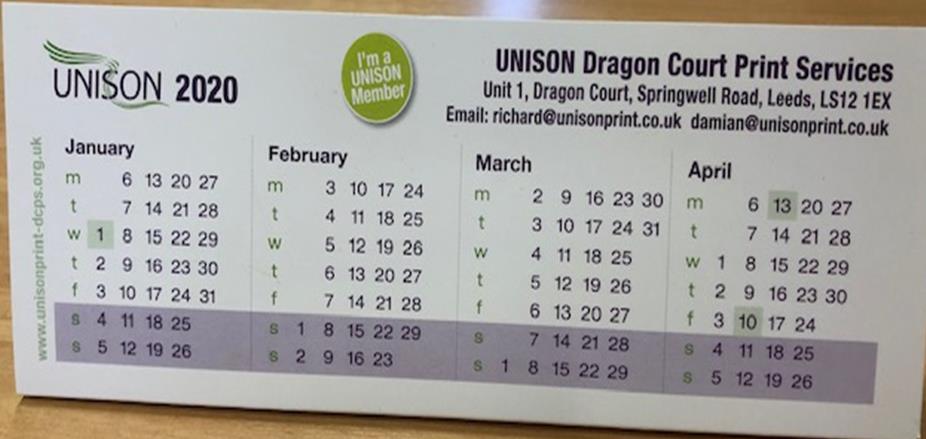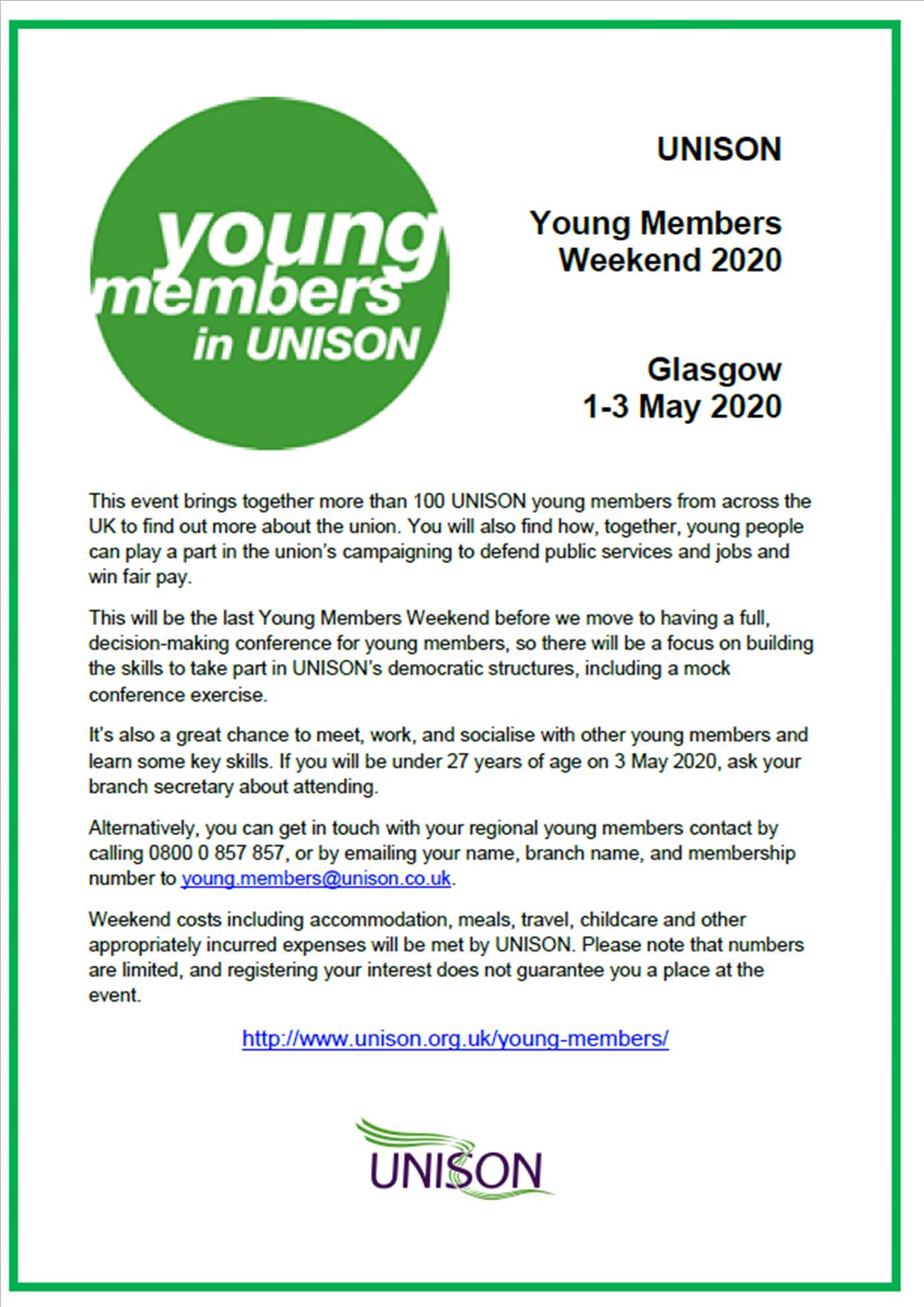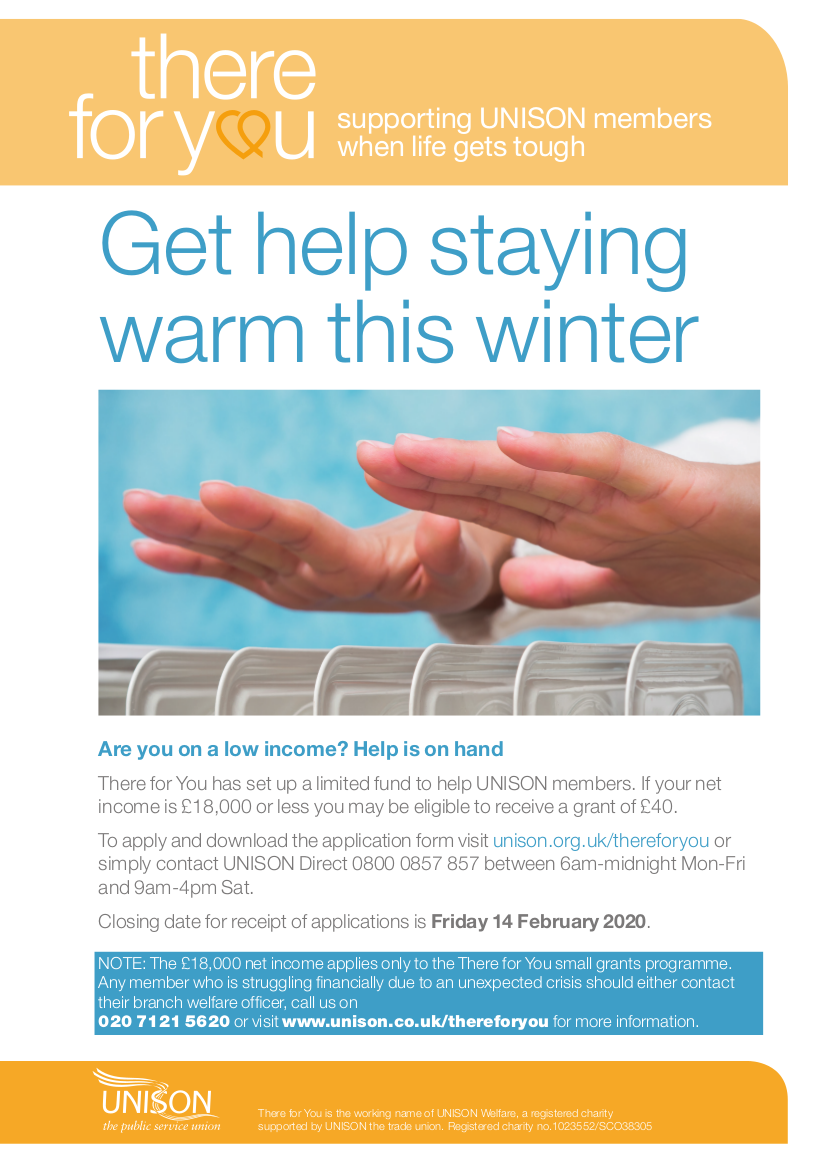
This is your chance to become a Steward and make a difference.
Workplace stewards are at the heart of our union. They are the first point of contact for our members in your local workplace, and they work to make your workplace a fairer and better place to work.
And we need more! We have vacancies in lots of areas at Sheffield Hallam. As new ways of working are rolled out across all professional services in the University, we need stewards in as many areas as possible.
THE ROLE OF A STEWARD INVOLVES:
- Participating in a range of activities including organising, recruiting and representing UNISON members.
- Being involved in how the Sheffield Hallam University UNISON branch is run.
- Being the first and main point of contact for members in your constituency.
- Supporting and advising members on workplace issues, both individual and collective.
- Acting as a spokesperson for the members in your constituency and informing and involving members in branch activities.
- You will receive facilities time in order to carry out your role – facility time
- You will receive training and support from UNISON in order to carry out your role.“But I don’t have the skills!”
Ever thought of becoming a steward but you’re worried you don’t have the right skills or the time? Don’t worry – you receive excellent training, plus paid time off work for your union duties.Here are six common worries you may have about becoming a steward – and how you can overcome them.
1. I don’t do public speaking…
…but I do raise issues I am concerned about in team meetings at work.2. I don’t do negotiation…
…but I did complain when my gas bill got too high, and I did sort out a better deal with the company.3. I don’t do campaigning…
…but I did support my local library when it was threatened with closure.4. I don’t do recruitment…
…but I do get my neighbours to support the local school5. I don’t organise meetings…
…but I do organise outings and holidays with my friends and family6. I don’t do representation…
…but I did go to the doctors with my partner to make sure they got their views across.
- I don’t think I will have time for this…
…as a steward you would be allowed time to carry out UNISON related work, see the ‘Facility Time’ link above
Sound like you? Your colleagues need you!
WHAT TO DO NEXT:
Should you wish to find out more about becoming a steward, please contact one of our current stewards or Branch Officers, details here or for more information visit
http://www.unison.org.uk/for-members/support-us/work-with-us/become-a-rep/
Should you wish to stand as a steward, you need to:
-
- Complete the attached Shop Steward Nomination Form – which requires two members of your constituency to nominate you. If you are unsure of the UNISON members in your constituency please email unisonadministrator@shu.ac.uk and I will supply you with a list.
- Return the form back to me by 12 noon on Tuesday 11 February. Return address – UNISON, Room 109, Sheffield Technology Park, Cooper Building, City Campus
- We will send you the information about the training that is being offered locally: the Organising Steward, and the range of training that UNISON offers regionally.The nominations will then be circulated to members in your constituency and provided no objections are received, you will be elected in time for the AGM.
CONSTITUENCIES
- Students Union (Students Union)
- Library and Student Support Services (part of SAS) (L&SSS)
- Academic Services and Directorate Office (part of SAS) (Academic Services)
- Technical Operations, Resources and Services (TORS)
- Digital Technology Services (DTS)
- Corporate Operations (Corporate Operations)
- Strategy, Planning & Insight and College Services (SPICS)
- Estates and Facilities (Estates & Facilities)
- Finance & Procurement (Finance)
- Human Resources & Organisation Development, and Development & Diversity (HR&OD)
- Governance & Sector Regulation (G&SR)
- Recruitment, Communications & Marketing (RCM)
- Transformation (Transformation)
- Business Engagement, Skills and Employability (BESE)
- Global Development & Partnerships (Global)
- Research & Innovation Services (RIS)
- Student Experience, Teaching and Learning (SELT)
- Vice Chancellor’s Office. Development and Alumni Relations and Executive Support (VCO)
- Academic Strategy and Colleges (AS&C)
We look forward to hearing from you.


 Last year’s staff engagement survey revealed that an alarming number of staff (26%) had experienced or observed bullying or harassment. While most staff said they knew what support mechanisms existed, a significant minority (23%) did not.
Last year’s staff engagement survey revealed that an alarming number of staff (26%) had experienced or observed bullying or harassment. While most staff said they knew what support mechanisms existed, a significant minority (23%) did not.
 2020 UNISON desk calendars are now available for members. Please see your local steward or contact
2020 UNISON desk calendars are now available for members. Please see your local steward or contact 



